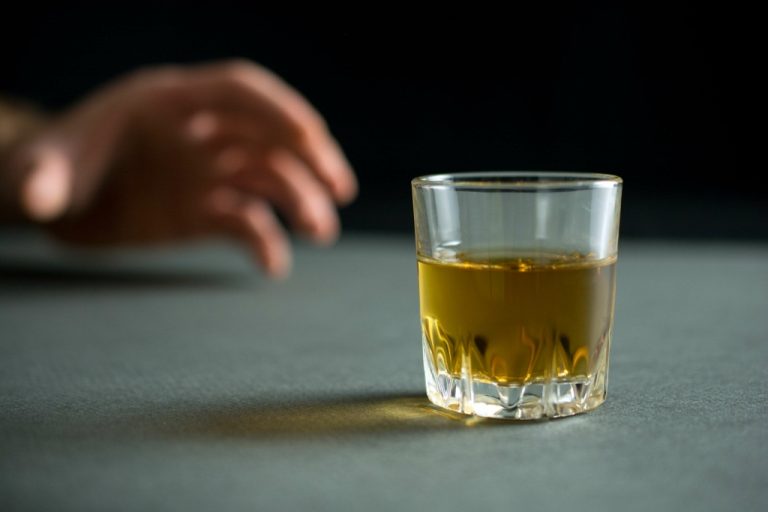Content
Drinking does not disrupt their lives and they can have a drink or two without overindulging. Alcohol is considered a drug because it depresses the central nervous system and can disrupt mental and motor skills. Unhealthy alcohol use can be harmful physically, emotionally, and economically.

Researchers noted that alcohol increased social bonding among strangers randomly assigned to groups of three. The alcohol drinkers were more engaged than those drinking nonalcoholic beverages in discussions. The social drinkers were also more likely to involve everyone in these conversations. https://ecosoberhouse.com/ Enrolling in inpatient rehab, outpatient rehab, or a telehealth addiction treatment program to get the necessary support, information, and services needed to detox and quit drinking. Landmark Recovery was founded with a determination to make addiction treatment accessible for all.
Substance Use Treatment
They are commonly offered to casino patrons to entice them to continue gambling. Inability to control alcohol consumption after their first few drinks. You begin to look at alcohol as a reward for accomplishing a project, achieving a goal, or just getting through the day. When alcohol is the reward driving your behaviors, it is time to examine how much of a role alcohol has in your life.
You could benefit from the assistance of an alcohol treatment center. You might be one of these individuals who have a set drinking schedule. Rather, you go out to happy hour with friends or alone to be among others at the bar. Many people who drink alcohol can get a little defensive on those occasions— hopefully few and far between— when they may have ventured a drink or two too far.
Social Anxiety Disorder and the Tension Reduction Theory
And because they can do so suddenly and without withdrawal symptoms, they could not be classified as addicted. In fact, the relationship between alcohol and social media and networking sites has been established by a study carried out in 2018. Occasional drinkers – again, especially the younger ones, are generally more likely to put up alcohol-related posts on their social media. Women and people over 65 should have at most 7 drinks per week, with no more than three at any one sitting. Detoxing from alcohol can seem daunting, but it is the first and arguably most important step in becoming sober.
What is an example of a social drinker?
Social drinkers may hide alcoholic beverages around the house, in hopes that loved ones do not notice the empty bottles [5]. The Covid-19 pandemic led to an increase in individuals drinking alcohol at home, as they were unable to drink with friends and family in social settings.
For these individuals, alcohol and social situations could be problematic. Social anxiety disorder is a mental health condition in which individuals experience heightened stress in social situations. They may fear doing social drinking and drinking problem or saying something embarrassing in front of strangers, friends or a group of people. Do you sometimes find yourself nodding absentmindedly when people talk about things that happened while you were drinking?
Can a person become a problem drinker by drinking beer?
Knowing the differences and being able to recognize changes in the way you approach drinking alcohol could spare you from addiction later in life. The researchers found that the cost of this dangerous behavior impacts many aspects of the drinker’s life and the lives of those around them. Social drinking is a term used for people who like to drink alcohol on occasion.
How many drinks is considered social drinking?
There is no set amount of alcohol that determines a social drinker, but the CDC characterizes alcohol use as moderate drinking if a female consumes one drink per day, or a male consumes two drinks per day.
Known as Greaves’ Rules, the guidelines were based upon his long experience of pubs and rounds. The rules were later recommissioned by The Daily Telegraph and published in that newspaper on November 20, 1993. Copies of the rules soon appeared in many pubs throughout the United Kingdom. If you find yourself drinking to get ready to do more drinking, then it may be time to explore your relationship with alcohol.
